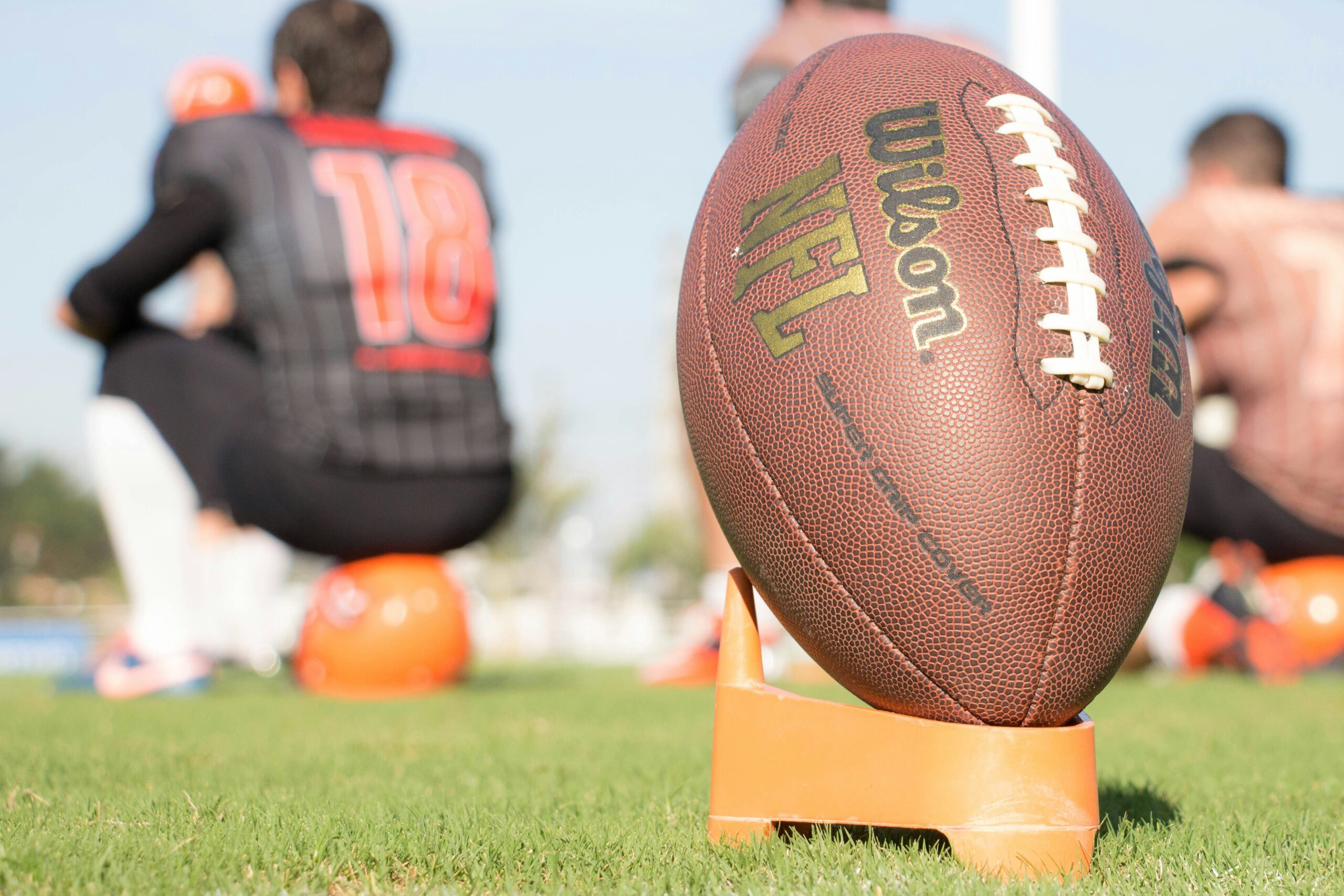
In today’s competitive academic and athletic environments, the role of a student athlete demands a unique blend of discipline, resilience, and strategy. Juggling practices, competitions, and rigorous academic schedules is no small feat. For those seeking to excel in both realms, it’s not just about working harder—but working smarter. Here’s how student athletes can thrive holistically with well-rounded success strategies.
Mastering the Art of Time Management
The cornerstone of every successful student-athlete’s routine is exceptional time management. Unlike traditional students, athletes are responsible for daily practices, weight training, games, and team meetings. Developing a detailed schedule incorporating academic obligations, athletic commitments, recovery time, and social life can create a more manageable and less stressful environment.
Time-blocking is a proven method that many top performers use. By dividing the day into chunks dedicated to specific tasks—morning workouts, afternoon classes, evening study sessions—athletes can reduce decision fatigue and stay consistently productive. Leveraging digital tools like calendars, reminder apps, and academic planners can also help track deadlines and keeped agenda.
Setting SMART Goals for Dual Success
Student-athletes often face conflicting priorities between their sports and studies. To stay focused, setting SMART (Specific, Measurable, Achievable, Relevant, Time-bound) goals can make a significant difference. Whether it’s improving GPA, increasing free-throw accuracy, or completing a senior thesis, each goal should have a roadmap.
Balancing ambition with reality is crucial. Unrealistic goals can quickly demoralize, whereas practical, clearly defined milestones help maintain momentum and clarity. Athletes should revisit and revise goals frequently to align with changing schedules and performance metrics.
Optimizing Nutrition and Recovery
It’s impossible to overstate the importance of nutrition and recovery for student athletes. A well-fueled body performs better and retains information more effectively—a win for both athletic and academic success. Fueling with nutrient-dense foods, staying hydrated, and avoiding excessive caffeine or sugar crashes are essential practices.
Recovery goes beyond sleep (although getting 7–9 hours nightly is non-negotiable). Incorporating active recovery techniques—such as stretching, foam rolling, and low-intensity movement—and mental rest periods can prevent burnout. Some athletes find mindfulness practices like meditation, journaling, or yoga helpful for reducing anxiety and improving focus.
Building a Support Network
One of the most underestimated factors in a student athlete’s success is the presence of a solid support system. Coaches, academic advisors, professors, teammates, tutors, and family all play critical roles in an athlete’s journey. Creating open lines of communication with each of these figures can ease challenges and open up opportunities.
Mentorship is another powerful tool. Speaking with older athletes who have successfully navigated similar challenges provides both inspiration and practical advice. Whether it’s guidance on choosing a major, managing injury setbacks, or preparing for life after graduation, mentors help personalize the playbook for success.
Developing a Resilient Mindset
Mental toughness is just as important in the classroom as it is on the court or field. Setbacks are inevitable—be it a poor test score, a season-ending injury, or being benched in a game. The ability to bounce back, stay optimistic, and keep moving forward defines a successful student-athlete.
Building resilience involves daily habits: maintaining perspective, reframing negative thoughts, celebrating small wins, and staying process-focused rather than outcome-obsessed. Regular self-reflection can be a game-changer. Keeping a journal or engaging in short weekly reflections helps track progress, identify stressors, and recalibrate when needed.
Leveraging Academic Resources
Many universities and high schools offer tailored academic support for athletes, such as priority registration, tutoring, study halls, and designated academic advisors. Taking full advantage of these resources can lighten the cognitive load and improve academic performance.
It’s also wise for athletes to communicate proactively with instructors. Letting professors know about upcoming travel for games or requesting accommodations in advance reflects maturity and responsibility. Most educators appreciate the heads-up and are willing to collaborate if approached respectfully and early.
Planning for Life After Sports
Even for those with professional aspirations, athletic careers often have an expiration date. Cultivating skills and experiences outside of sports can set student-athletes up for long-term fulfillment. Engaging in internships, joining clubs, or exploring passions through elective courses can diversify one’s identity beyond the athlete label.
Career services departments often provide workshops, resume coaching, and networking events tailored to student athletes. By thinking ahead and exploring post-graduation options early, students gain clarity and confidence in their future trajectory.
Success as a student athlete isn’t about choosing between academics and athletics—it’s about strategically integrating both. Through time mastery, intentional goal-setting, physical and mental upkeep, and the right support systems, student athletes can unlock extraordinary potential. The journey may be demanding, but with the right mindset and strategies, it can also be deeply rewarding. Those who embrace the challenge often emerge not just as top-tier competitors, but as leaders prepared for success far beyond the field.